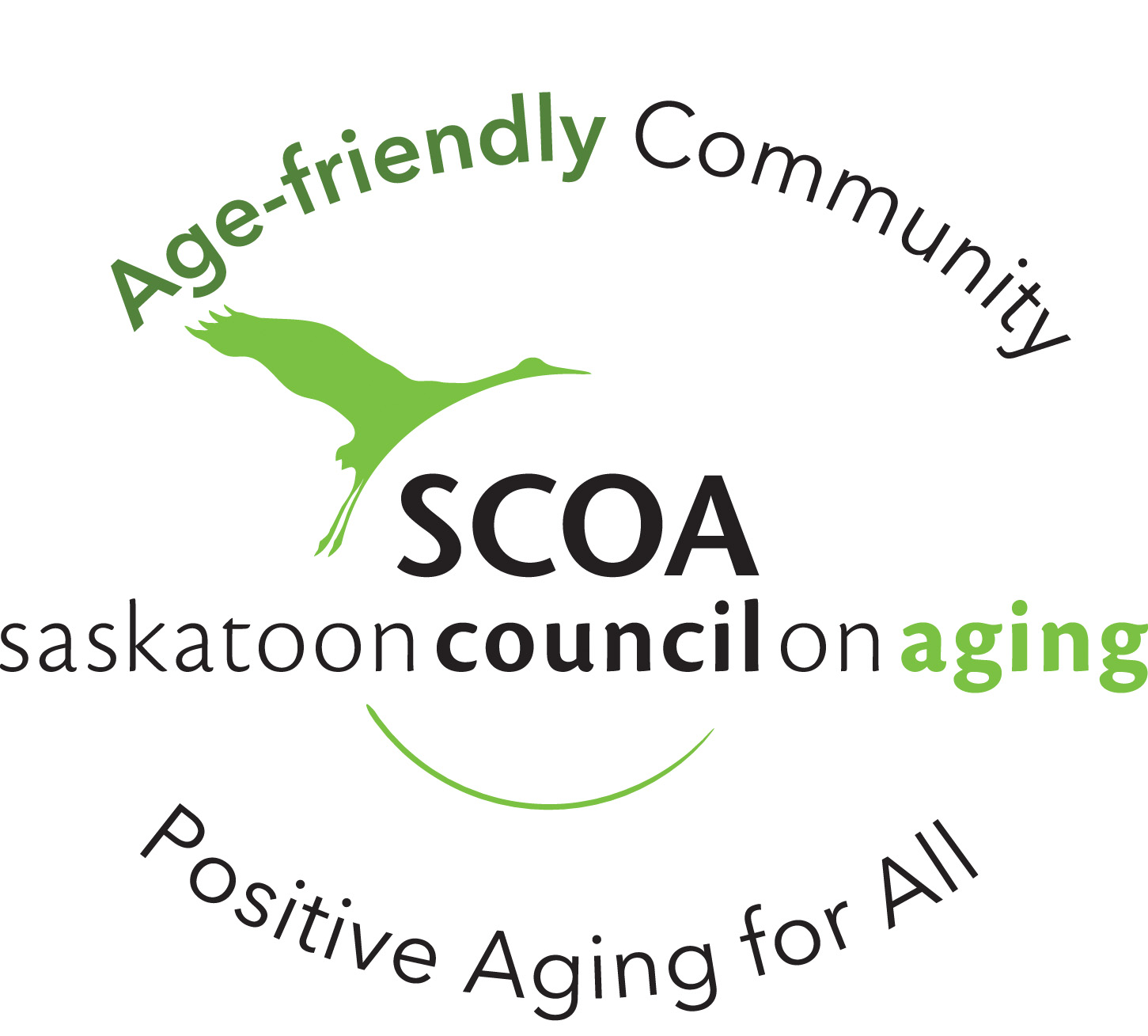- Details
- Published: 12 February 2020
 Until recently, bullying was believed to be a childhood phenomenon. We now recognize that bullying occurs at all ages and stages and in all settings.
Until recently, bullying was believed to be a childhood phenomenon. We now recognize that bullying occurs at all ages and stages and in all settings.
For many older adults, aging in place means moving from their family home into a communal living facility. Community living presents challenges that Saskatoon Council on Aging [SCOA] was made aware of through community engagement activities in congregate living dating back to 2013. Community members identified senior-to-senior bullying to SCOA’s Older Adult Abuse Task Force (OAATF) as a significant issue negatively impacting the quality of life of older adults.
Living in close proximity brings new challenges for many older adults. Instead of a yard, they have a wall separating them from their next-door neighbor. They share entrances to the building, laundry and activity rooms and dining rooms. They spend time with people that may not share the same values and ideas about living. Some lack financial resources to go out or have health or functional limitations that make going out difficult. Some older adults have fewer places to go because family members and friends have died or live in distant communities. Those affected by bullying cannot find their home to be a safe place to escape from bullying or from the people who bully. Without means of escape, older adults impacted by bullying retreat to their own apartment and become socially isolated. The frequency of their social contacts decreases as does the quality of these contacts. They become at risk for the negative health effects, physical as well as mental, associated with social isolation.
The American Psychology Association defines bullying as “the intentional, repetitive, aggressive interpersonal behaviour involving an imbalance of power or strength.” Types of bullying include verbal, physical and social or relational but all types have harmful impacts. Bullying affects everyone involved: the person who is bullied; the person who bullies; the bystanders who witness the bullying; families of the person being bullied; and the staff of facilities where bullying happens. Bullying is linked to problems with a person’s mental, physical, and social well-being.
During SCOA’s Age Friendly Saskatoon Initiative consultations, older adults identified senior-senior bullying in housing as a major concern. SCOA secured funding through the New Horizons for Seniors Program (NHSP) to build community capacity to address senior-senior bullying in order to assist older adults living in congregate housing to feel safe and included in the life of their community.
Completed in 2019, the Building Respectful, Inclusive Communities [BRIC] project goals were to develop a guide on senior-to-senior bullying and to train older adult volunteers to make presentations to other older adults living in congregate housing. The project also offered ongoing support to the older adults trained to give presentations. Respect involves accepting and valuing others while being tolerant of those who are different from you. Inclusive means welcoming everyone, fostering relationships and promoting a sense of belonging.
The BRIC committee created a Train the Trainer Toolkit that includes comprehensive background information on senior-senior bullying, questionnaires/surveys that staff and management can utilize when dealing with bullying situations in their buildings and an informative presentation on What Makes a Respectful, Inclusive Community. The committee created a take-home sheet for residents to review and share with their friends. In addition to a presentation for residents of congregate living communities, a presentation was tailored for management and staff of congregate living communities, so they know how to address situations that involve bullying.
The Saskatoon volunteers presented to six seniors buildings operated by the Saskatoon Housing Authority, as well as two outside the Housing Authority. In Prince Albert, a volunteer presented to all six senior buildings operated by the Prince Albert Housing Authority. In North Battleford, volunteers made six presentations to senior buildings operated by the North Battleford Housing Authority. The presentations were well-received and the feedback was very positive. Many thanks were given to our volunteers for bringing attention to such a serious issue that exists in almost all seniors congregate living communities.
While bullying can happen to anyone, older adults who experience social isolation, physical or economic dependence, and limited access to support are at increased risk. BRIC helped older adults by promoting aging in place, allowing seniors to remain in their own homes as they grew older. The project also provided education about bullying warning signs and provided practical steps to address the problem in a positive way. BRIC educated and supported staff and management of congregate living buildings--especially low-income housing--on best practices, intervention, and support for addressing the issue of resident-on-resident bullying in their building. BRIC addressed the need to ensure that all older adults living in congregate living communities feel safe, respected, and included in the life of the community. This information was provided to older adults by other older adults through education and encouraging empowerment towards positive change. No one deserves to be bullied or to feel afraid. Everyone deserves to be safe and everyone shares a role in creating safe and respectful communities.
For more information on Building Respectful, Inclusive Communities, please contact SCOA at 306.652.2255 or visit scoa.ca
Author: Virginia Dakiniewich
Fund Development & Communication CoordinatorSaskatoon Council on Aging Inc.
Phone: 306-652-2255
www.scoa.ca | www.saskatooncaregiver.ca